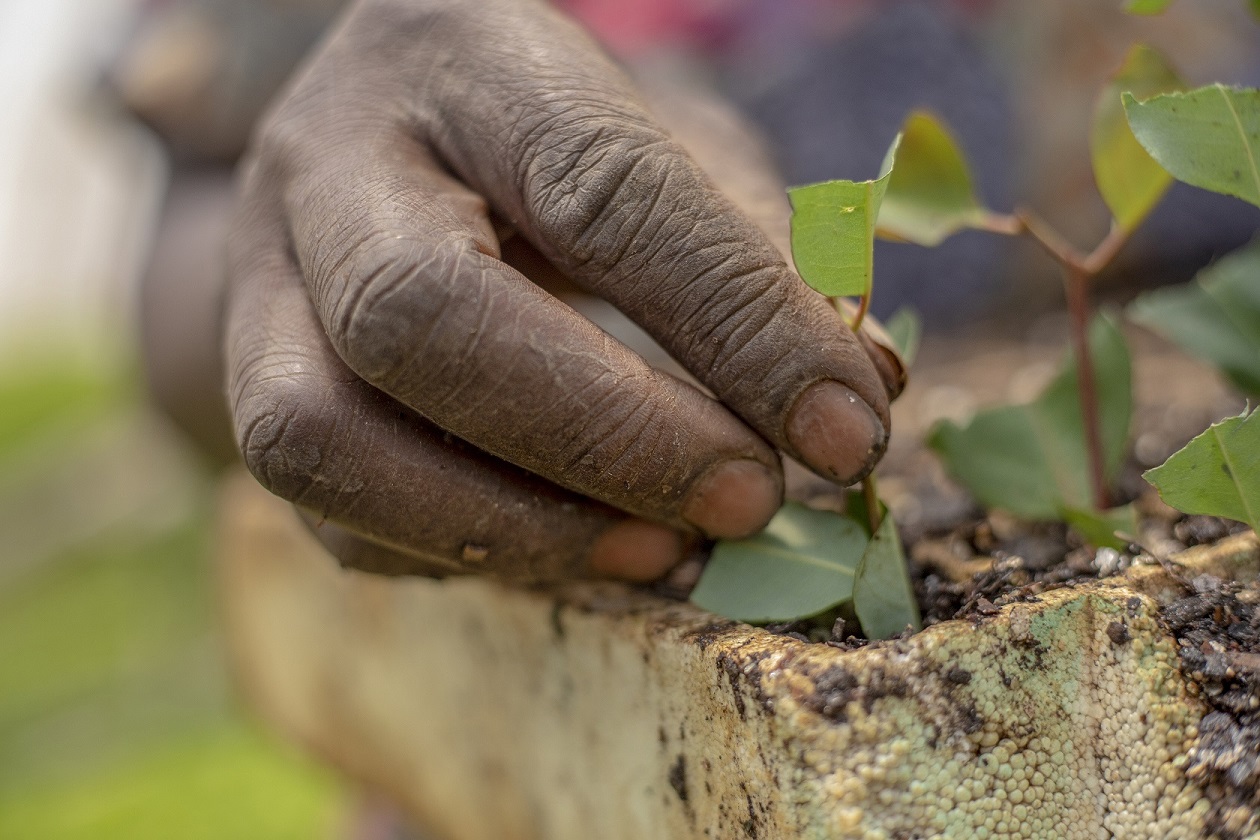Fifteen women farmers join Food for Export Masterclass 2020
Fifteen women farmers have been selected to take part in the Food for Export Masterclass 2020 (FEM2020): a program that seeks to build the capacity of female entrepreneurs in various aspects of horticulture, dairy production, food processing and food export business with a view to turning them into successful exporters.
The program is a collaboration between the Dutch Embassy in Zimbabwe, the Zimbabwe Agricultural Development Trust (ZADT), the export promotion body ZimTrade, PUM Netherlands, and Hivos. ZADT is a self-sustaining Zimbabwean registered Trust formed by Hivos and SNV in 2010 to mobilize funds from development institutions to support and contribute to the recovery and improvement of the smallholder farming sector, and improve the food security and incomes of rural households in Zimbabwe. PUM Netherlands promotes entrepreneurship, self-sufficiency and the sustainable development of small and medium-sized enterprise locally.
ZADT director Godfrey Chinoera said FEM2020 is a highly focused and customized program which seeks to grow the capacity of female entrepreneurs in agriculture – particularly those in horticulture, dairy, food processing and other export sectors.
“The program will train the female entrepreneurs on issues around certification, value chain development and growing bankable business plans,” Chinoera said.
According to the ZADT prospectus, this tailor-made program will run for approximately 10 months and includes expert mentorship and coaching, site visits, and on-location consulting with Dutch senior experts at the participants’ places of business.
The training program is motivated by the fact that women face numerous obstacles in developing their businesses, even though it is becoming increasingly clear that female-owned or run agri-business enterprises are steadily growing all over the world, contributing to household incomes and growth of national economies, the prospectus says.
“Women face time, human, physical, capital and social constraints that limit their ability to grow their businesses. One of the keys to enable women to take part in their own development is to build their capacity to actively participate in formal markets,” the prospectus says, describing its motivation for the training.
“The objective of this female entrepreneurship course is to enhance economic opportunities for women starting, formalizing, expanding or growing their businesses and integration into private sector development.”
The trained women private agribusiness enterprises are expected to grow their business, attract investment, improve competitiveness in domestic and international markets, increase revenues and create jobs.
“The international market exposure will be achieved through sharing experiences and by linking the owners of agribusinesses to international market supply chains, in particular, for premium grade agri-produce,” ZADT says.
The training program will be fully funded and supported by the Royal Embassy of the Kingdom of the Netherlands and Hivos.




